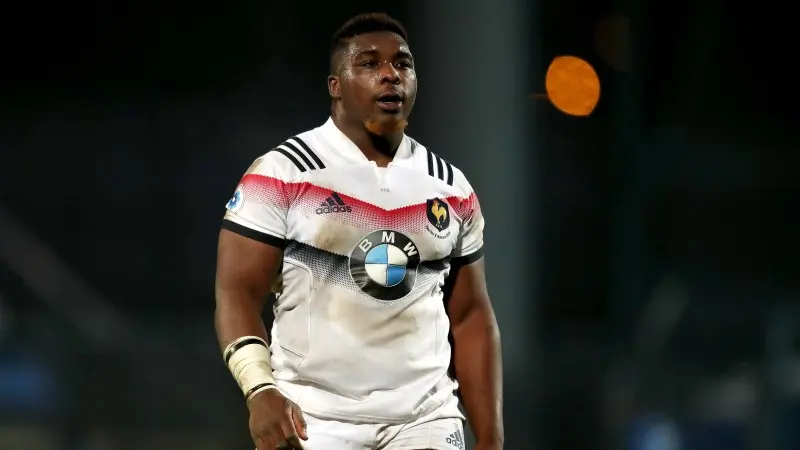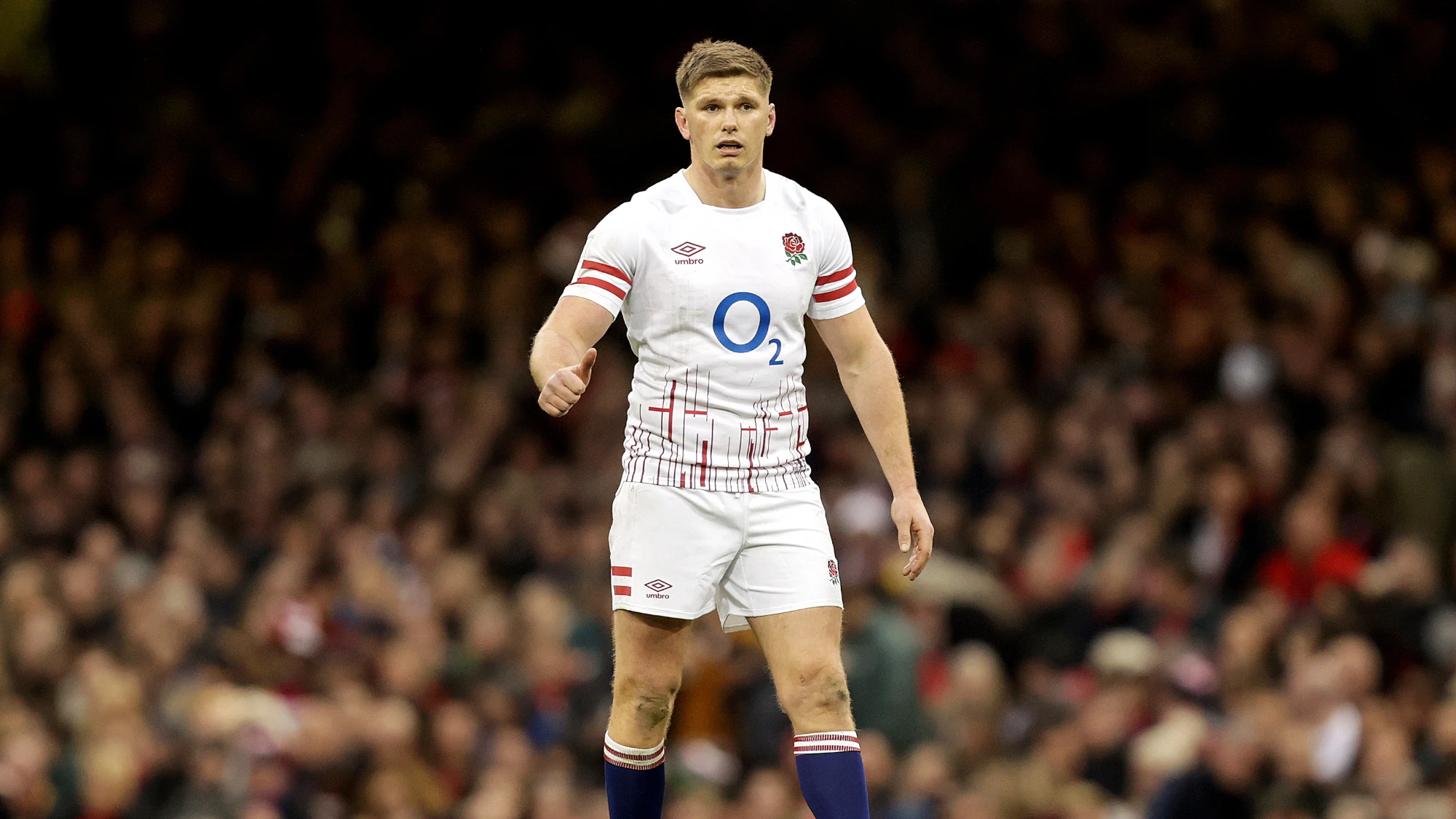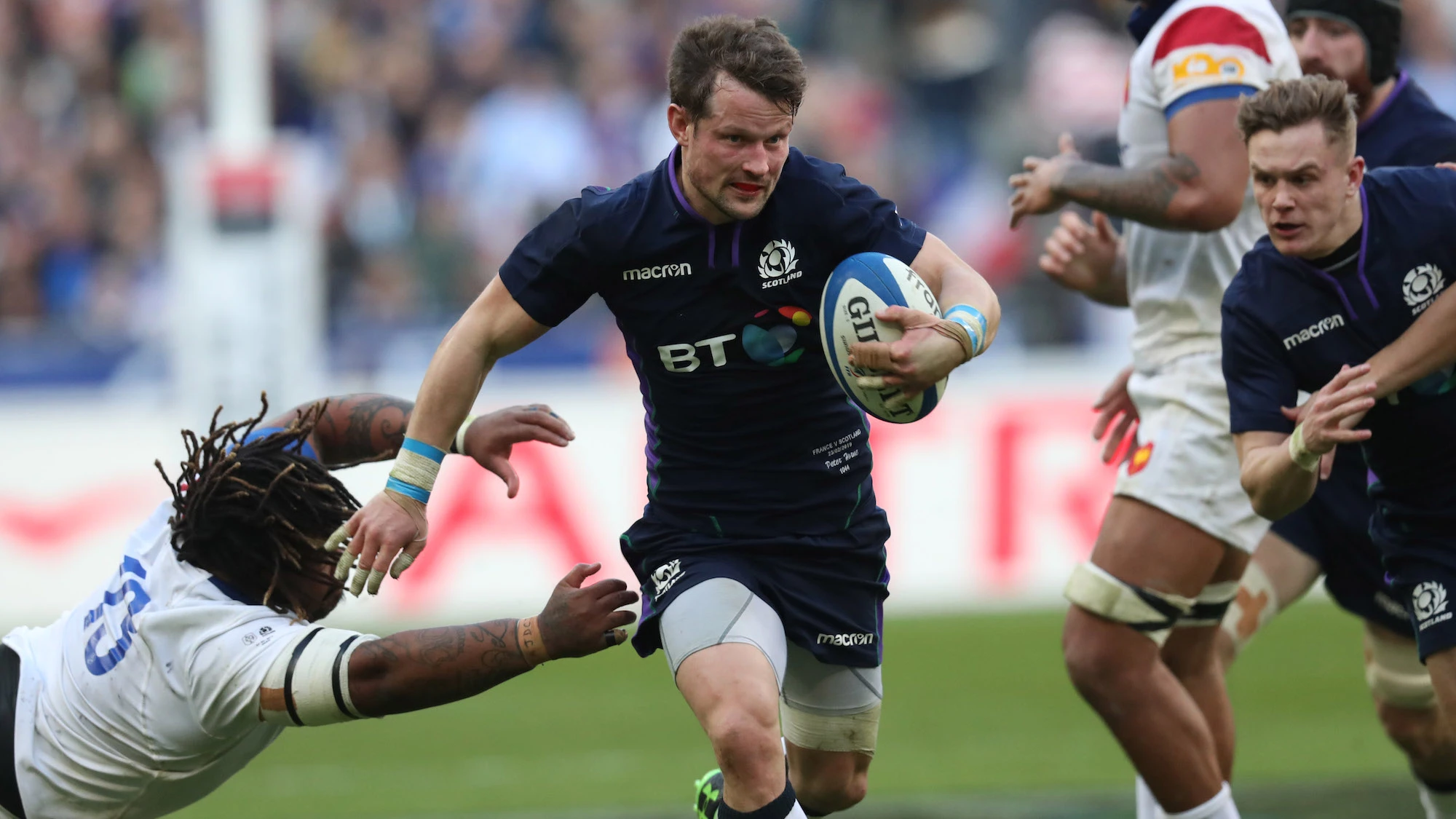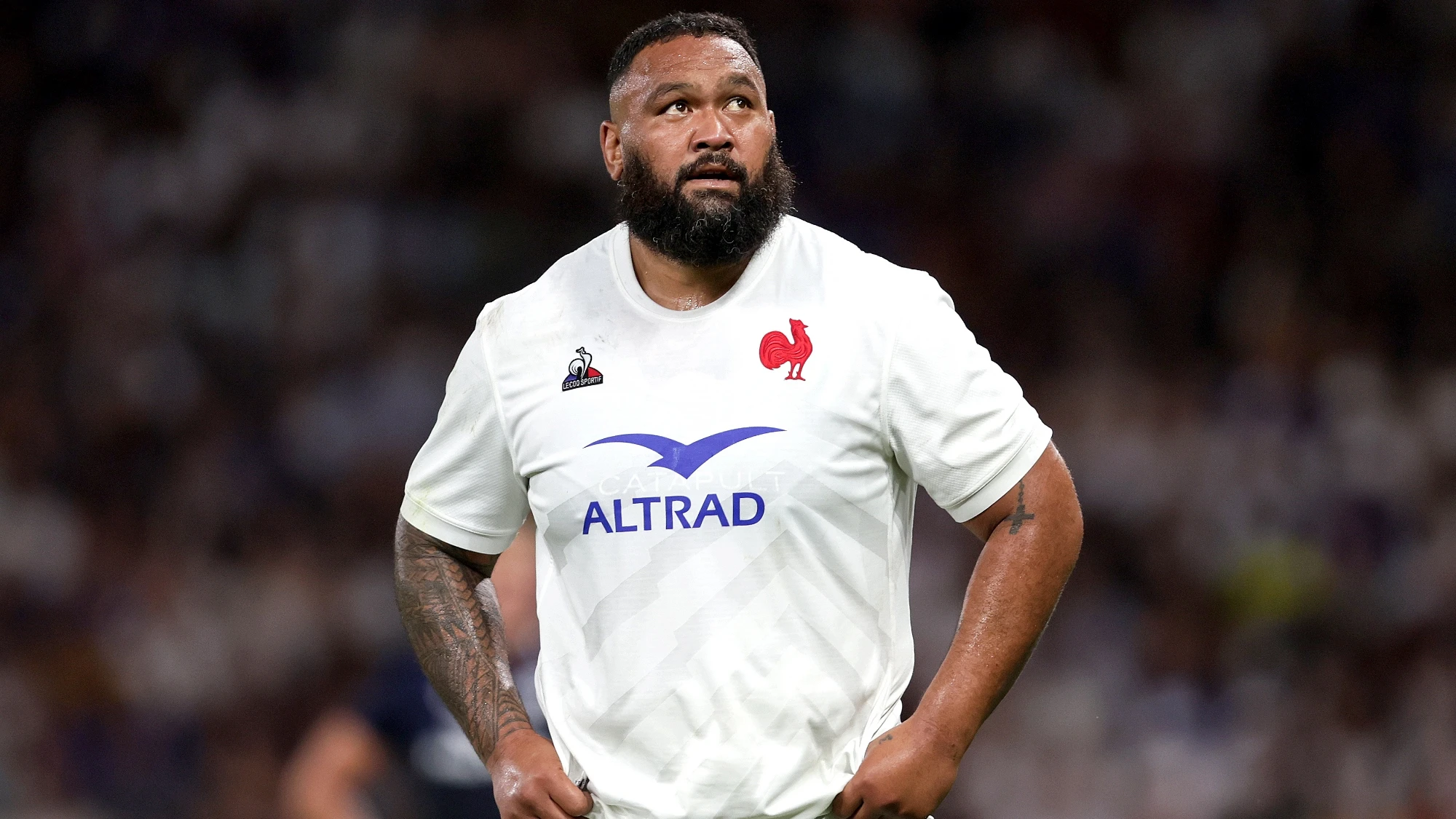In the wake of Demba Bamba, a talented generation is knocking at the door of the France team. They can form the core of the side for the next decade.
Next Saturday against Fiji, Demba Bamba, the young Brive tighthead prop, is set to become the first player from the France Under-20s, crowned world champions in June, to become a full international.
At just 20 years old, Bamba (1m85 – 125kg) is obviously a phenomenon in terms of his precociousness in a position that requires a lot of experience but beyond his exceptional individual qualities, the player from the Parisian suburbs is the flagbearer for a talented generation on which French rugby is basing its hopes for the next ten years.
A look at the statistics and final table in the Six Nations is enough to understand – since the final of the 2011 Rugby World Cup, the results of the French team have been on the decline. With a win-ratio just above 40 percent (30 wins, 43 defeats and three draws) over the last six years, the feeling has emerged that French rugby is stuck in a vicious circle.
And then last June in Béziers, this French Under-20s team, which had won the Six Nations, narrowly missing out on the Grand Slam, clinched the world title in that age group.
On the way to glory, they of course benefited from the support of the Languedoc crowd but the manner in which they got past South Africa in the pool stages, New Zealand in the semi-finals and then England in the final, made people sit up and notice.
While in 2006, France won this competition (at the time it was the Under-21s) with the generation of Guilhem Guirado, Maxime Médard and Maxime Mermoz, they had struggled to shine since and France’s absence from the list of winners called into question the development of French rugby.
By winning this title, which is usually reserved for New Zealand and England, Arthur Coville and his teammates put an end to this anomaly.
Within the group, a number of promising youngsters were singled out – Bamba, of course, Jordan Joseph, Romain Ntamack, Clément Laporte and Louis Carbonel.
But it is undoubtedly an error to evaluate the success of the team solely through the prism of a ‘golden generation’.
“In the past there have been teams that were just as talented,” explained Sébastien Piqueronies, the manager of the squad.
“If this one went all the way, it’s because it had the right compromise between willingness to work and talent.” Can this generation become the core of a dominant French team through to 2023?
“For that, the players have to play in their clubs,” said Piqueronies last June.
“It’s not easy for a young French player to find their place in a Top 14 squad.”
But things are changing. The French federation and the league are working with common goals, beyond the success of the 2023 World Cup in France.
And it is worth noting that the rule which obliges clubs to start an average of 14 players developed in France (JIFF) in a matchday 23 has given new opportunities.
Since the start of the season, Ntamack has eight starts at the centre of Toulouse’ attack, Laporte five at full-back with Agen, Joseph and Carbonel have got game time with Racing 92 and Toulon respectively.
The success of their friend Bamba can serve as a reference point. He’s the leader of the group.



